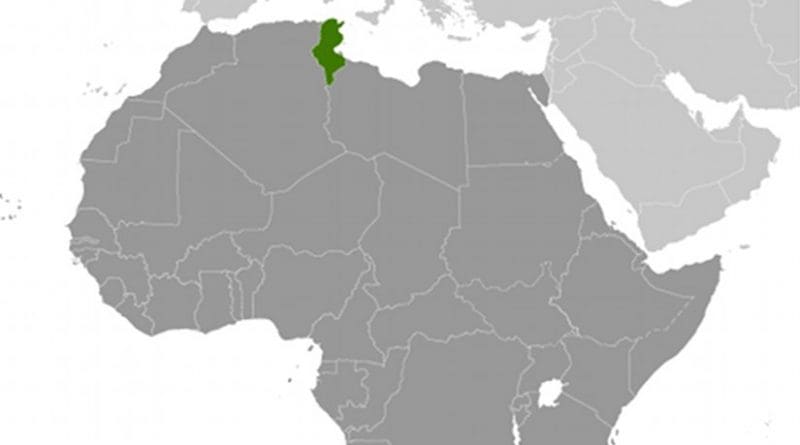State Department Clueless On Tunisia
By Paul Woodward - War in Context
The mystique of American power is sustained in no small measure by the ability of US government officials to convey the impression that they understand global affairs. In the last 48 hours the State Department has clearly shifted into overdrive in an effort to portray the US as being fully engaged with and attuned to fast moving events in the Arab world. “We’re ahead of the game,” the overarching message seems to be.
Hence the Christian Science Monitor provides this on-message piece of reporting under a headline emphasizing the prescience of the secretary of state: “Events in Tunisia bear out Hillary Clinton’s warning to Arab world”:
A day after Secretary of State Hillary Rodham Clinton warned Arab states that they risked “sinking into the sand” if they did not clean up corruption and quicken their glacial pace of political and economic reform, those sands took one of the Arab world’s long-reigning leaders.
Tunisia’s President Zine El Abidine Ben Ali on Friday fled the North African country he ruled in autocratic fashion for 23 years, chased away by a month of street protests that started in provincial cities but engulfed the capital, Tunis, this week. The country’s prime minister, Mohammed Ghannouchi, assumed temporary power. [Temporary turned out to mean for a day. He’s now been ousted and replaced by speaker of parliament, Fouad Mebazaa.]
In a statement Friday afternoon, President Obama hailed the “courage and dignity of the Tunisian people,” and said the United States joined the rest of the world in “bearing witness to this brave and determined struggle.” He called on the Tunisian government to “hold free and fair elections in the near future that reflect the true will and aspirations of the Tunisian people.”
Eleven days ago, State Department spokesman PJ Crowley didn’t make it sound like the US was paying close attention to what was happening in Tunisia. This was how he covered the issue on January 4:
QUESTION: On Tunisia, there’s continued, sort of, civil unrest there, and I was just wondering –
MR. CROWLEY: What country?
QUESTION: Tunisia. Tunisia. And I was wondering what you made of the situation there.
MR. CROWLEY: Actually, I didn’t get updated on Tunisia today. So we’ll save that question –
QUESTION: When was the last time you did get updated on Tunisia? (Laughter.)
The next day, Crowley seemed surprised that questions about Tunisia were still being raised. The sum of the State Department’s concern seemed to be the extent to which unrest might affect American travelers.
QUESTION: Do you have any reaction to the recent unrest in Tunisia?
MR. CROWLEY: Tunisia makes an appearance for the second day in a row. I mean, last month, there were some demonstrations that occurred in Tunisia over a several-day period. They appeared to us to be triggered by economic concerns and not directed toward Westerners or Western interests. As we do in various places around the world where we have concerns about the safety of our citizens, we did put out a Warden Message right at the end of the year urging Americans to be alert to local security developments, but – and it’s best to avoid these demonstrations, even ones that can appear peaceful.
QUESTION: But aren’t you concerned about economic reforms in Tunisia, or –
MR. CROWLEY: That is something that is part of our ongoing dialogue with Tunisia.
I guess the first question for Crowley on Monday should be: does the US still have an ongoing dialogue with Tunisia, or is it now simply in what has so often been the Obama administration’s default position — closely monitoring the situation?
That this administration expends so much of its energy making feeble gestures to demonstrate that it is on top of the situation, reflects a bigger problem — as one former State Department official recently noted in a different context — “which is that of a dysfunctional administration in which no one is in charge.”

